Domestic abuse, sexual harassment, poverty, and a lack of basic liberties are all problems in our society, but they affect women and children a lot more than men. The IRC actively works to support women and children in having healthy and safe relationships, and works with men to change violent behaviour and stop intimate partner violence to provide women with a safe environment where the men in our society play a role for their security.
However, sometimes, women may be expelled from their homes, or forced to flee. Institutions that can offer them security must be available in these situations, and this is where shelter homes for women come in. Although we don’t have many, it is our responsibility to help foster their development.
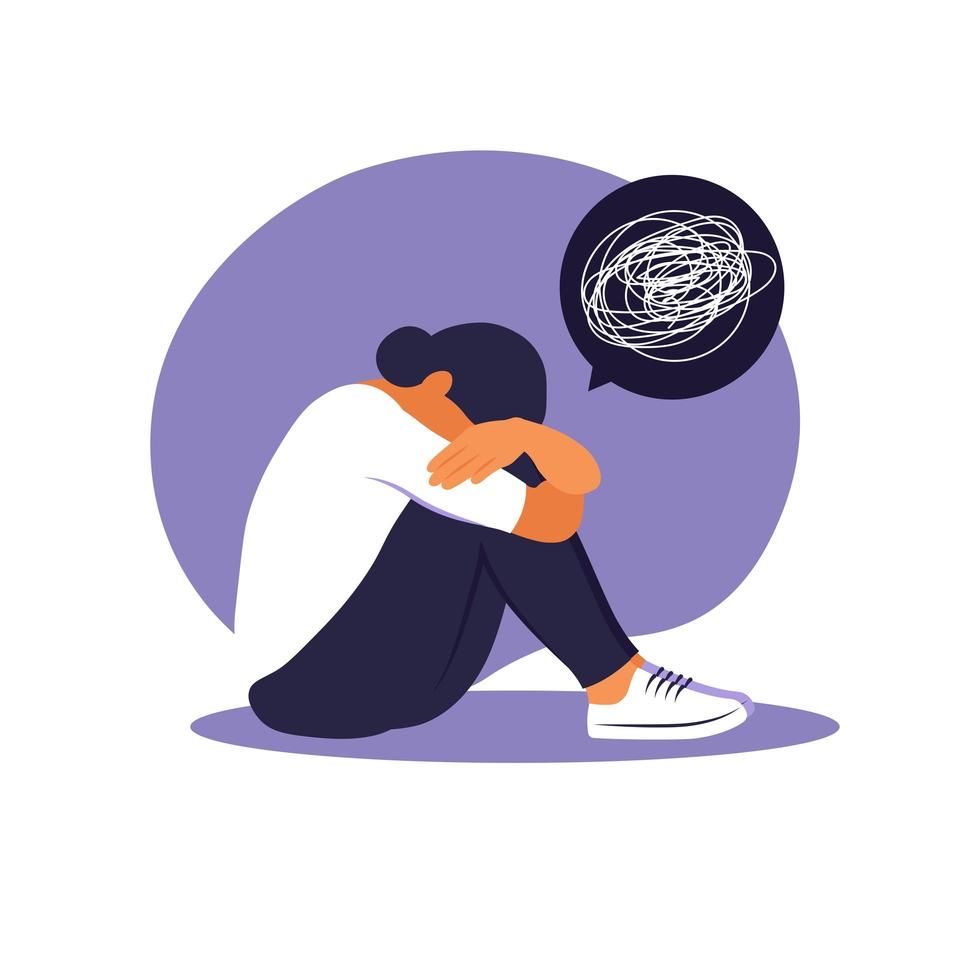
1. Panah (Karachi)
Panah Shelter Home works to help women in need, especially those who have experienced domestic abuse and violence. Through Panah’s legal aid division, they not only give them a place to live but also support them in overcoming trauma, reclaiming their identity, and exercising their fundamental human rights. In order to emotionally assist women and children in processing their past, they also offer free mental health treatments and have access to social workers and psychiatrists who have undergone training. Panah has come a long way since their inception in 2001 and now offers career training for the women.
Examples of this include the Inner Wheel Club of Karachi’s Beautician Training Program and Panah’s urdu literacy, elementary English, and numeracy programs. Additionally, Panah expanded their facility in 2018 by building a Transitional Home. This gives women a place to live before reintegrating into society, whether they have already found employment or are in the middle of their education or training. The achievements of Panah are extremely admirable!
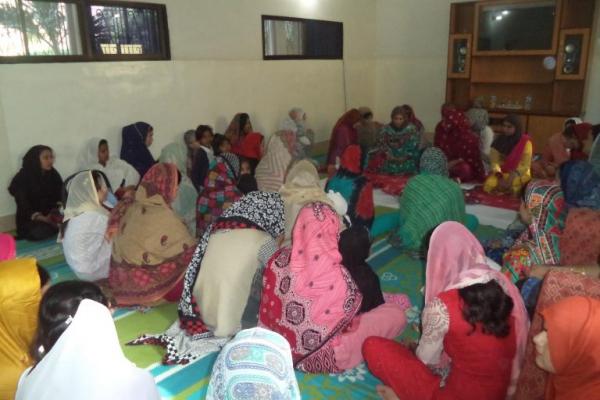
2. Dastak (Lahore)
Dastak seeks to offer crisis-affected women protection, as well as legal assistance and other services that guarantee their safety and recovery. Hina Jilani, a human rights advocate and attorney, created Dastak in 1990.
Originally intended as a legal aid organization, Dastak has grown to house and serve nearly 8000 women across Pakistan. In order to provide women with the essential skills, they started a capacity development initiative in 2010, and since then, they have trained over 300 women annually. They also launched a program in localities to educate people about problems like domestic violence and progressively eradicate societal norms that encourage such crimes.
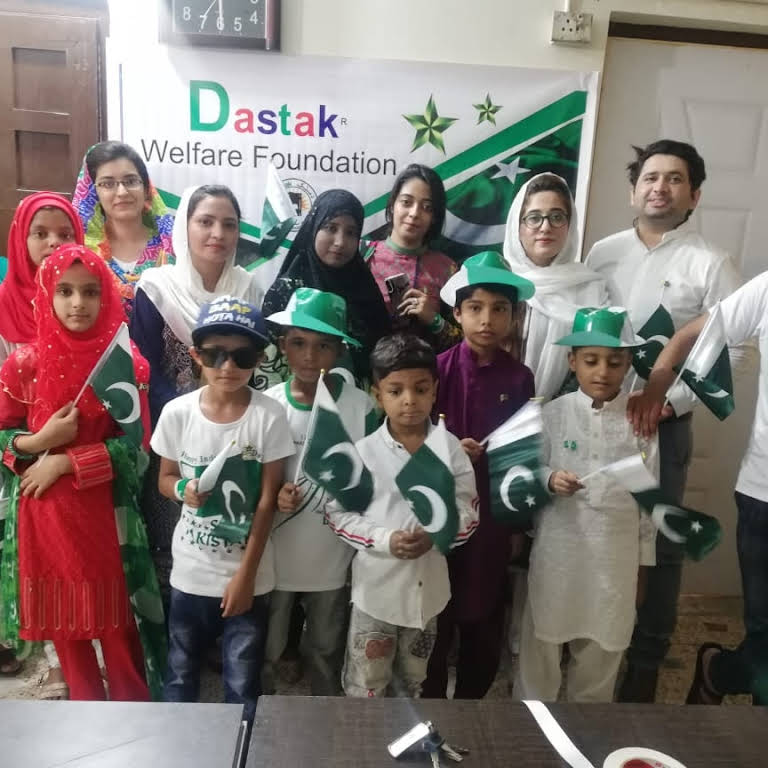
3. Women Shelter Organisation (Faisalabad)
Bishop Johan Joseph founded WSO in 1985, and it has grown significantly since then. WSO is well-known for providing sewing and computer training to women in addition to providing shelter. WSO hopes to give women a better chance at success in society by providing them with jobs in beauty salons, health clinics, and computer centers.
In 2017, they also launched a two-year literacy program, educating 240 women from various areas of Faisalabad. They want to make a visible difference in the lives of women and help them become self-sufficient and independent individuals through love, tolerance, and social harmony.
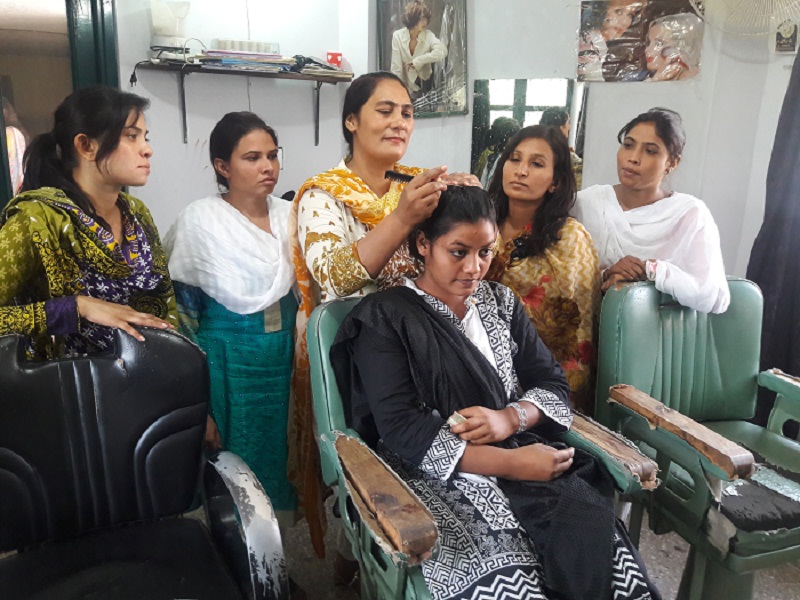
4. Violence Against Women Centre (Multan)
VAWC was established in Multan as part of the Punjab Protection of Women Against Violence Act, which was passed by the Punjab Assembly in 2016. The goal of VAWC is to provide medical examinations and post-trauma rehabilitation. All female victims receive first-aid, free legal services, and, of course, shelter under one roof. They also conduct police investigations and forensics on crimes against women and prosecute the perpetrators.
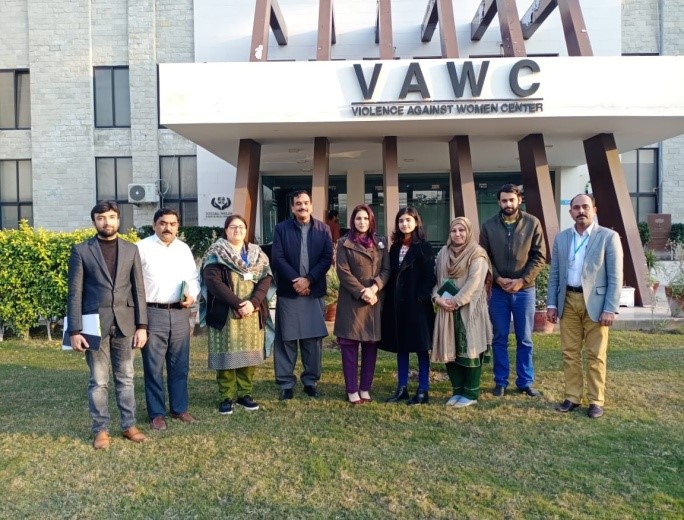
5. Edhi Homes For Women (Various Cities)
Edhi is a well-known name associated with social welfare and generosity. The Edhi Foundation has 18 homes that protect all people who are victims of injustice and poverty, not just women. They do, however, have institutions that are solely dedicated to caring for women and protecting their rights. These include Quetta, Peshawar, Lahore Township, and North Karachi.
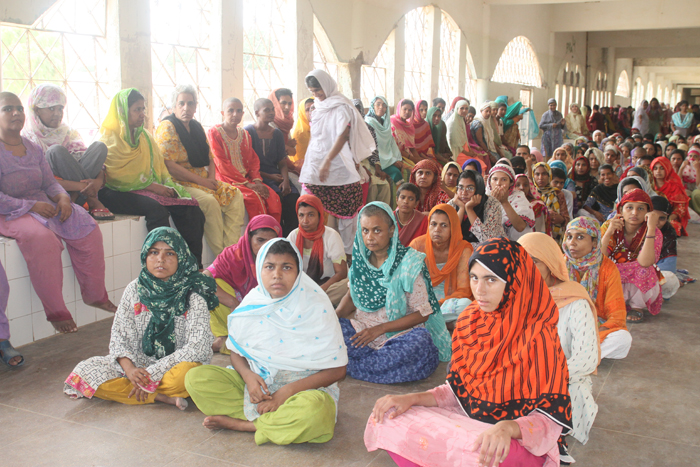
How You Can Help:
The most obvious way to help is to make a monetary donation. This will assist the shelter in maintaining, building, and expanding its facilities. Donations can also be made in the form of medical supplies, clothing, and food. Panah does, in fact, have a wishlist that details exactly what they require; this is available on their website, but can be verified by calling for an updated list. Volunteering in a shelter home is another way to help. This could include assisting with training, fundraising, and raising awareness, among other things.
Dastak actually organizes volunteer training workshops so that people are better informed and qualified to help. Dastak even offers an eight-week internship program where individuals can gain practical experience for more in-depth training. By becoming more aware and spreading that awareness, one can also help to reduce the attitudes that lead to the kind of behavior that forces women to seek shelter.









What do you think?
You must be logged in to post a comment.